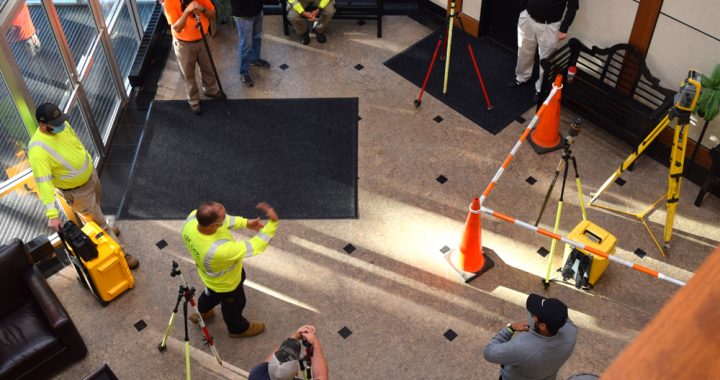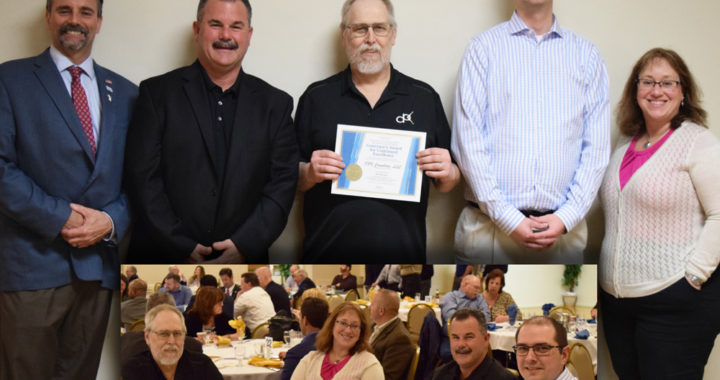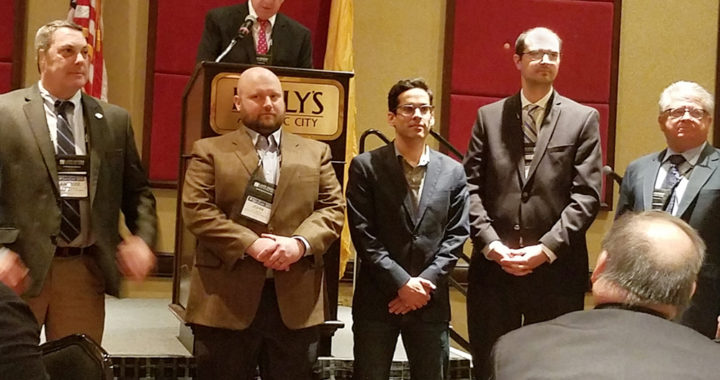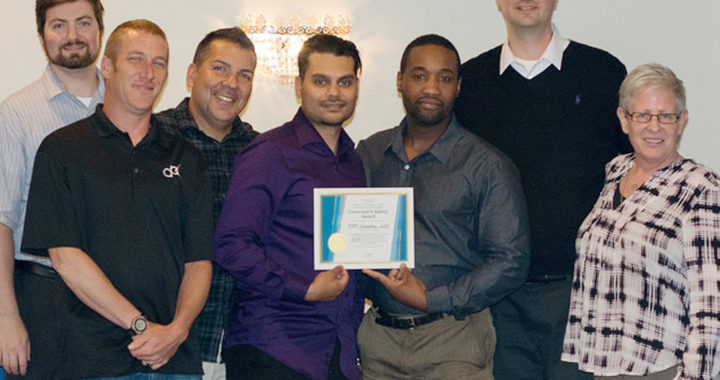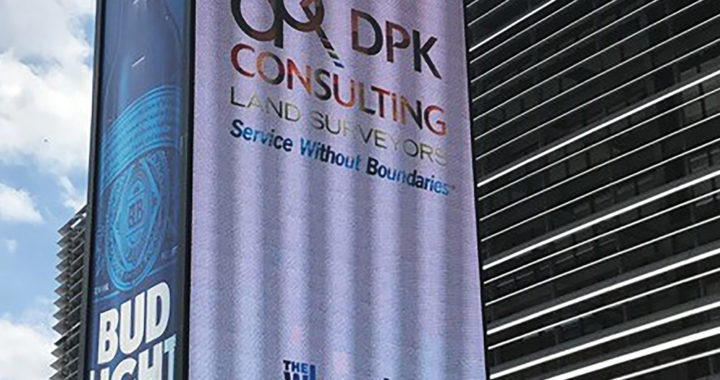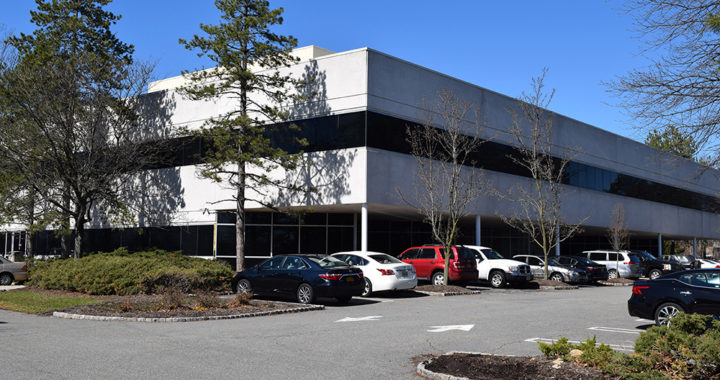Early in my surveying career, I was fortunate to learn from good mentors. The most influential conversation I ever had was with a surveyor who had just retired after more than 60 years. He loved talking about the people who worked for him over the years.
More than training them to perform certain tasks, he took great pride in how he prepared them to be successful. In addition to obtaining their surveyor licenses, many went on to become leaders in our profession.
This conversation helped shape my philosophy on training as CEO of DPK. More than teaching technical skills, culture-driven training is critical to growing the company and creating a strong, sustainable industry.
This growth and strength are achieved not by licenses and certifications, but by people – valued people who are given opportunities to excel and contribute to the success of the organization and the industry as a whole.
The Surveying Talent Void
During the recession of 2008, quite a few surveyors left the industry, taking value knowledge and experience with them. This loss of talent was compounded by the fact that the surveying industry offers a limited number of training opportunities. In other words, there is no talent pipeline unless you create it yourself.
Unfortunately, many leaders in a wide range of industries are afraid top talent will take what they’ve learned to another company. This fear trickles down to experienced professionals who often resist mentoring because they’re afraid of being replaced by younger, less expensive talent.
I’ve always felt this mindset is shortsighted. Training someone and seeing them leave is far less risky to your company than not training them and having them stay. It may sound cliché, but it’s absolutely true.
That said, some people might leave anyway. It happens. Wouldn’t you rather get each individual’s very best while they work for your company and, if they leave, build a reputation as a cultivator of top talent?
The DPK Approach to Culture-Driven Training
Making people want to stay is just the first step. My goal is to create a culture that makes people want to support the growth of the company and groom the next generation of surveyors and leaders. Offering opportunities for advancement, many of which require internal training, is critical to retaining top talent.
Of course, the kind of training you offer, and the goals you set for that training, will determine the success of the company and each individual team member. Most importantly, these efforts will ensure that you deliver a customer experience that meets expectations.
Ray Hyman, COO of DPK, has a unique background in education that includes experience as a teacher, principal, and superintendent. Together, we’ve expanded our training program in a way that reinforces who we are as a company and what our customers expect.
Our first goal is to get the entire team on board with what we’re trying to accomplish. Every new employee is mentored by a more experienced employee. Beyond learning skills and increasing knowledge, every individual at every level needs to be invested in improving themselves and the company. When the entire team buys in, training starts to turn into continuous improvement.
Technical skills and processes are certainly a high priority. People need to learn the right way to set up a job, make a job site safe, take care of equipment, etc. But they also need to understand why customers value our relationship and what they expect from every interaction with DPK. These intangibles are unique to our brand and critical to earning customer loyalty.
For example, one of the first things new employees learn is to tell customers what they can do, not what they can’t do. This doesn’t require any surveying experience or specialized skill. You just need a confident, problem-solving mindset, which is an essential part of the “Service Without Boundaries” culture we have at DPK.
To be clear, training isn’t just for newbies. If we hire a 20-year industry veteran, we might not be teaching new technical skills, but we will certainly spend time explaining the DPK model.
This is how we do things.
This is why we do things.
This is how it benefits the customer.
These are the negative consequences when you don’t follow the DPK model.
Our training program has helped us create a skills matrix for each employee that lays out the specific skills and knowledge of that individual. If the primary person is unavailable, there are always at least two other people who can fill a role, assume responsibility, and perform various tasks. Having this redundancy is essential to meeting customer expectations.
Growth Is a Team Sport
No matter how much knowledge you have or how strong a leader you are, you can’t build a company by yourself.
I encourage you to invest in cultivating talent that can take your organization into the future. Be a mentor. Be willing to train your potential replacement to support company growth without feeling threatened. Follow the example that was shown to me early in my career.
Use this mindset to get beyond standardized, technical training and create an ongoing program that reinforces your culture and focuses on the needs of the customer.
You’ll be able to see when your team is buying into your efforts. You’ll see their eyes light up. You’ll see it in their performance and customer interactions.
This is when training becomes continuous improvement and, in turn, a competitive differentiator.


